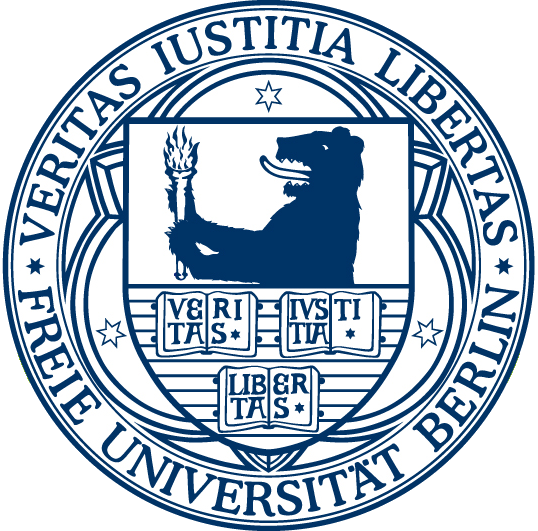
Design and Operation of Traffic and Telecommunication Networks
Winter Semester 2015
LV-Nr.: 19225301Dr. Fabio d'Andreagiovanni Prof. Dr. Ralf Borndörfer, Jonad Pulaj


|
Design and Operation of Traffic and Telecommunication NetworksWinter Semester 2015LV-Nr.: 19225301Dr. Fabio d'Andreagiovanni Prof. Dr. Ralf Borndörfer, Jonad Pulaj |

|
| Tutorial | Mo | 12-14 | SR 005 (A3) |
| Lecture | Tu | 16-18 | SR 005 (A3) |
| Lecture | Th | 16-18 | SR 007/008 (A6) |
 287 KB)
287 KB)
| Room | Phone | ||||
| Prof. Dr. Ralf Borndörfer | by appointment | ZIB | 84185-243 | borndoerfer zib.de zib.de |
|
| Dr. Fabio d'Andreagiovanni | by appointment | ZIB | 84185- | d.andreagiovanni zib.de zib.de |
|
| Jonad Pulaj | by appointment | ZIB | 84185- | pulaj zib.de zib.de |